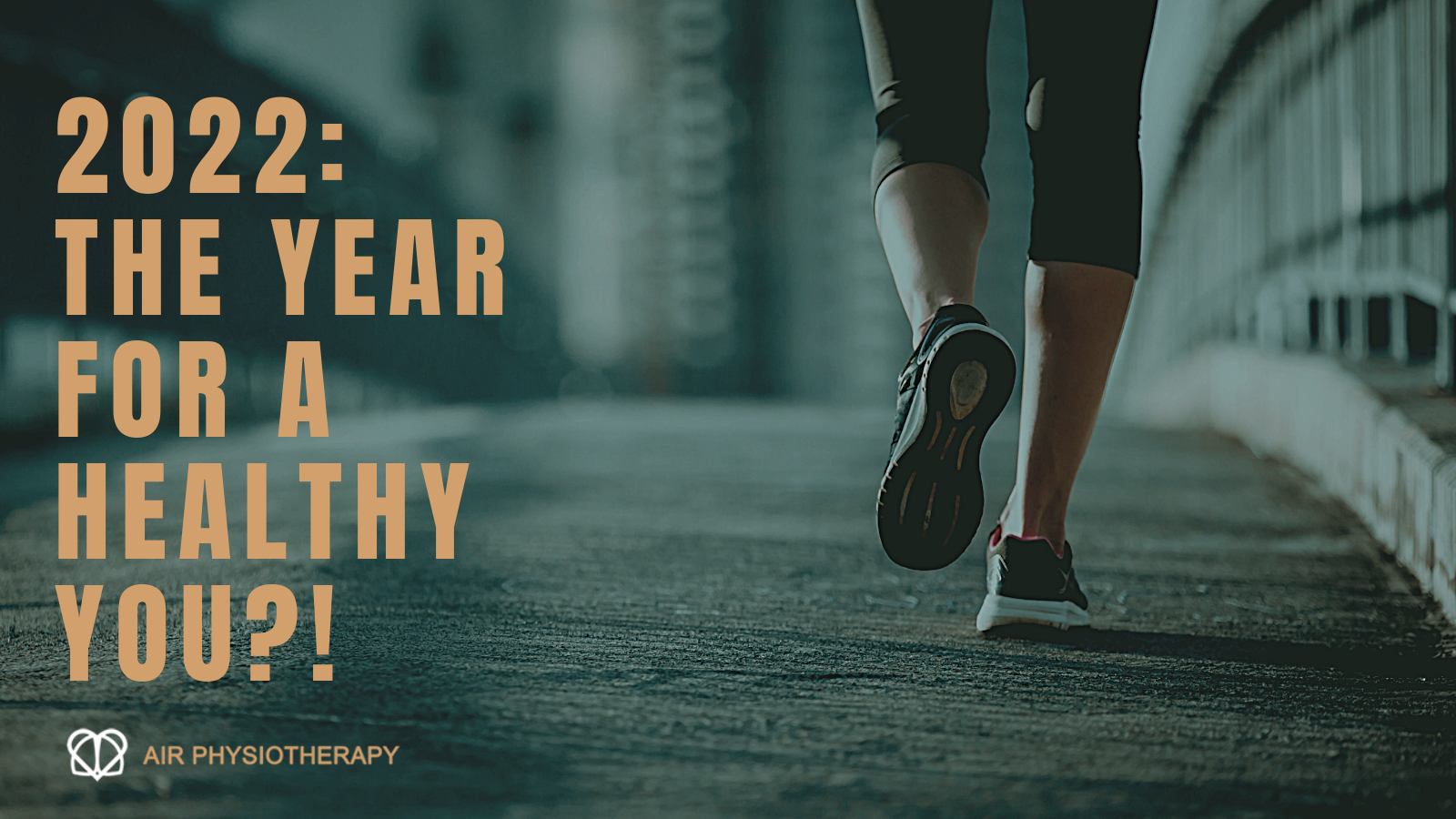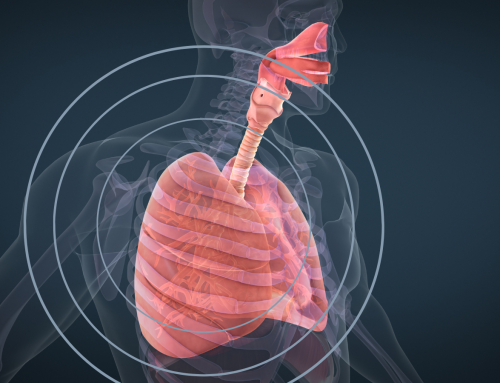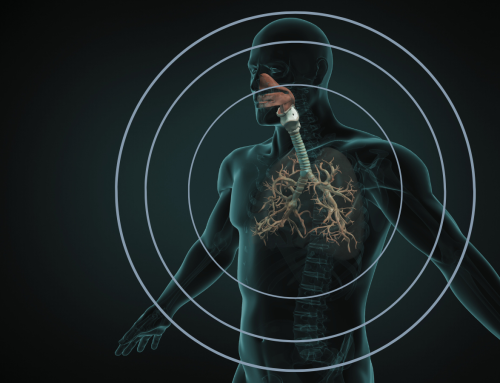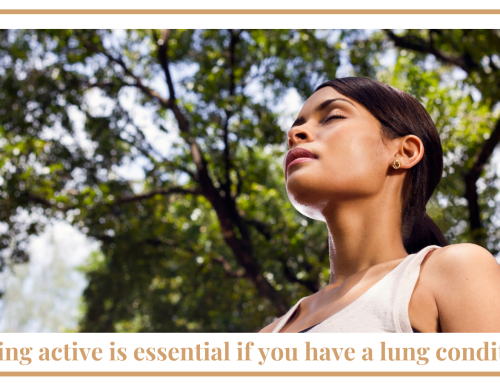How would you like to commit to a new, healthy you in 2022?! Make exercise part of that commitment – especially if you have a long term lung condition.
Exercise can be more difficult…
January is the time of year when we all tend to be more focused on our health, and over the last couple of years, most of us have naturally been focused even more on our respiratory health than we may have been in the past.
But for most of our patients with respiratory conditions, such as asthma, COPD, and lung cancer, a reduced ability to breathe can make it even more difficult to get enough air or oxygen when exercising. Feeling short of breath, lightheaded, or dizzy when exercising is common and strenuous activity can even trigger coughing or asthma symptoms, such as wheezing or tightness in the chest. These issues can make it tempting to avoid taking on any strenuous activity at all.
Outdoor exercise in Winter makes it even worse…
When we expose our lungs to cold air environments they can become even more vulnerable, especially when exercising. Your nose, airways and lungs do a really good job of warming and humidifying the air you breathe to body temperature and 100% humidity, but when you exercise, conditioning the air you breathe in requires much more effort. Add very cold air on top of high breathing rates (as seen during exercise) and your lungs are really challenged to warm and humidify each breath. Sometimes the airways can be reactive and sensitive to these environmental changes, creating symptoms such as tight or sore chests, or wheezing.
There are steps you can take to reduce these symptoms:
- Reducing your exercise intensity will help your body condition the air when you inhale
- Try capturing moisture to humidify the next breath by covering your mouth with a buff, scarf or cold-weather mask
- Minimise your exposure time in cold air. Bear in mind that just 30 minutes of moderate exercise can increase your symptoms and airway constriction
- Make sure you stay hydrated during prolonged bouts of cold weather. Heavy breathing as you exercise in cold air can result in up to 100ml of water loss per hour
But don’t let this stop you!
If you struggle with a long term condition, then a personalised exercise programme designed by a respiratory physiotherapist can help improve and maintain your muscle strength as well as encourage you to be more active and independent. The stronger your muscles are, the more efficient they become at using oxygen and overall this can contribute to you feeling less breathless in the longer term. Reduced breathlessness and feeling stronger in general will mean you are more likely to be able to do the things you enjoy.
So now’s the time to boost your health, fitness, and wellbeing!
And gain valuable benefits to your lungs in the process!
Aside from exercise itself, breathing control and tailored breathing exercises can also help. The best way to ensure that you’re on the right track, can move more and therefore be more independent, is to get in touch with us here by email or telephone.
We offer both home visits and clinic appointments where we can devise a personalised exercise programme for you that will help you with your breathing.
Between your exercise sessions, we can set up your own programme for you to follow at home via a handy app, which keep will you on track with your goals.
Please do get in touch to find out more!





